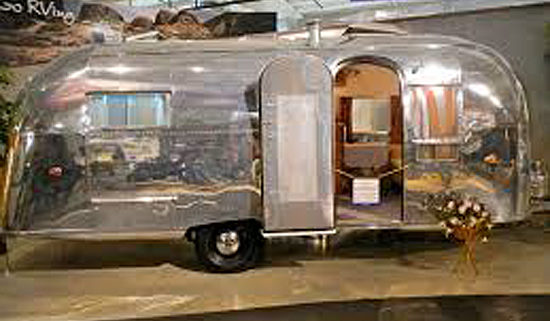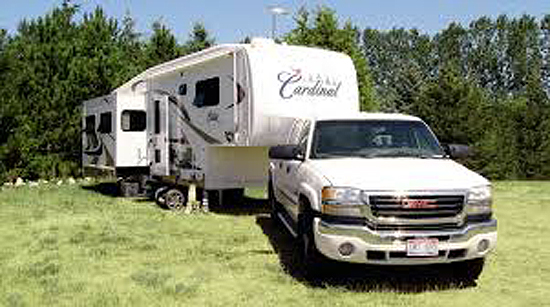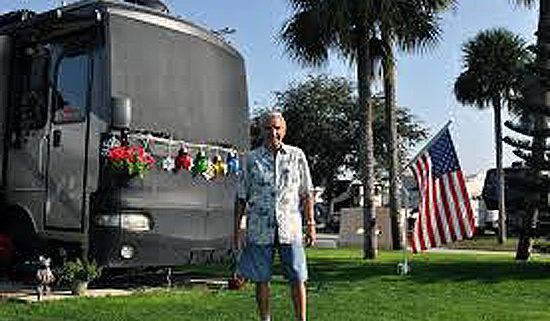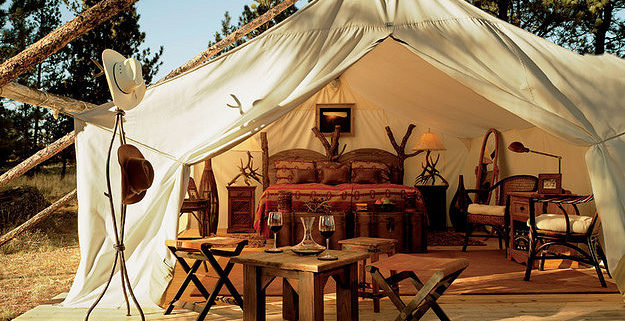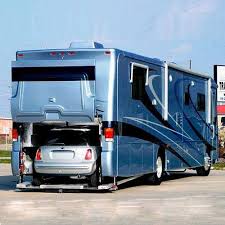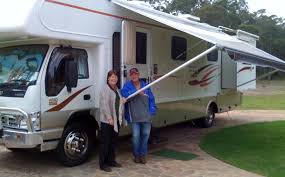RV Trends: What’s Happening In the RV Industry
RVing Is the New Hottest Trend
In this age of virtual reality and online shopping the old-school pastime of RV touring has continued to boom rapidly across the country. Sales of RV vehicles are increasing on a daily basis and the buyers are getting even younger by the day.
In the previous year, 430,000 recreational vehicles were sold, according to the RV Industry Association. And sales have been rising year after year following a one-year decline in 2009, resulting from the financial crisis.
Part of the reason for this booming trend in the sales of RV’S is the low gas prices and easy credit. But strangely enough, the overflow of new technology — smart phones, 4G data connections etc has also helped push the trend. Driving around the country for a couple of weeks at once has become considerably less challenging than ever before.
Another important reason for the rapid increase in the sales of the RV vehicles is that those who were raised with technology are now attaining RV-buying age; the RV Industry Association estimates that over fifty percent of RV buyers are under the age 45.
It is not uncommon now to see a couple under 40 towing a small Alto pop-up trailer. A young couple shared an emotional experience of how their RV became ‘’a jewel on the campground” and how everyone wanted to see it. It was just the perfect RV for them, because it’s small and easy to tow with an indoor cook top, so they can make food when it’s raining and a hard metal sides to keep bears out.
Basecamp trailer has a standard glowing aluminum Airstream look and wrap with a cool retro-modern interior. Stating that Basecamp is a success is an understatement. Airstream’s original production plans were 10 a week but are now making 25 instead. The company also has a wholesale backlog out until the end of this year.
Trailers like the Basecamp are fairly cheap, with selling prices starting at under $40,000. Motorhomes, the luxurious condos of the road, are a completely different story. Their Prices can certainly get to six figures. That points to one bigger factor in the rise of the RV lifestyle, which is that loans are convenient to get. You can easily see terms as long as 20 years, therefore it is more similar to buying a home than it is purchasing a car.
Rising motorhome sales are a plus for automakers, too. Ford Motor Company for example, makes the chassis, engines and transmissions for the majority of the motorhomes sold in America. That business is actually booming, Ford says.
Kampgrounds of America, with its well-known KOA RV campgrounds, reports that business is the best it’s ever been in the company’s 57 years.
Currently the industry is working on exports. As of today, the largest percentage of RV’s exported from the United States never go farther than Canada. But industry representatives are trying hard to get China into camping & RVing.

